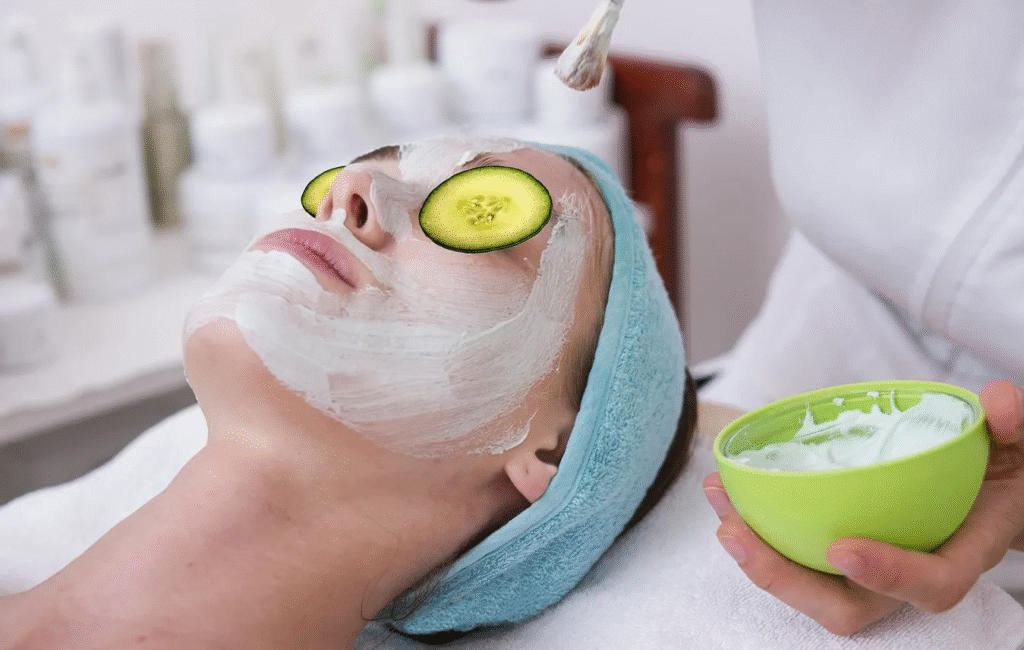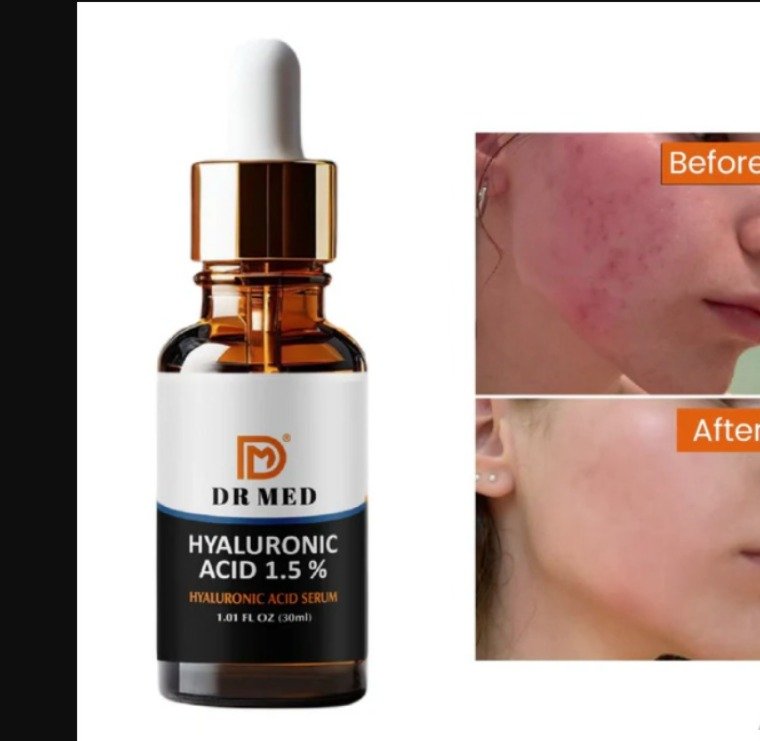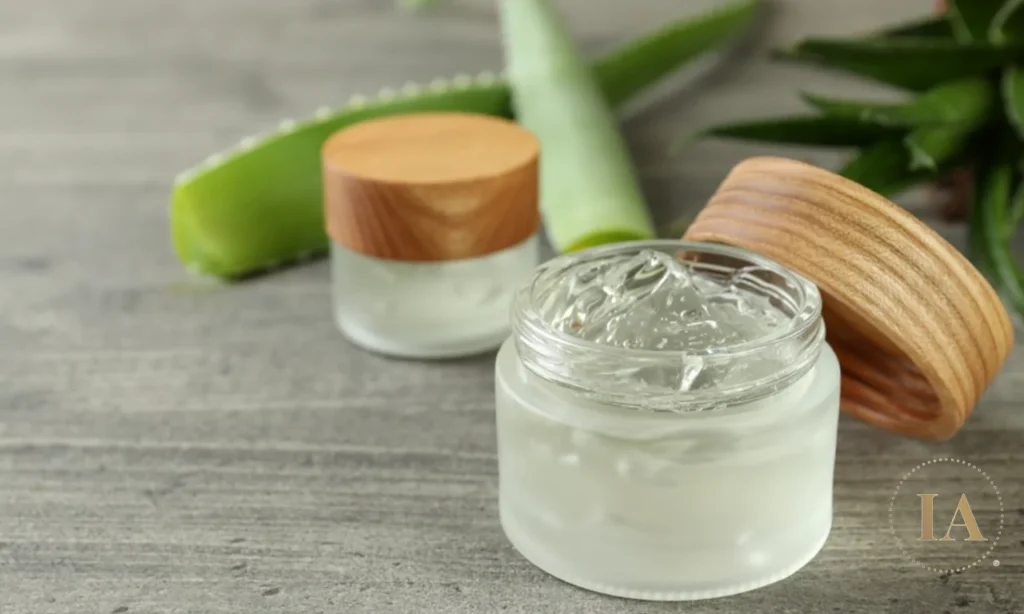Skin care is more than just a beauty routine—it’s a critical part of your overall health and wellness. Your skin protects your body from external elements like pollution, UV rays, and harmful bacteria. Whether you want to fight acne, reduce wrinkles, or maintain a healthy glow, taking proper care of your skin is essential.
With the rise of K-beauty, clean beauty, and personalized routines, skin care has become a powerful tool for both appearance and confidence. In this guide, we’ll walk you through a complete understanding of skin care—its basics, best practices, and how to build the perfect routine.
Understanding the Basics of Skin Care
Before jumping into products, it’s important to know what skin care truly involves. It refers to a range of practices that support skin integrity, improve appearance, and treat skin conditions.
A basic routine includes:
Cleansing – Removing dirt, oil, and impurities
Moisturizing – Hydrating and protecting your skin barrier
Sun Protection – Shielding your skin from UV damage
These three steps form the foundation of any good skin care routine, regardless of your skin type.
How to Identify Your Skin Type
Identifying your skin type is the first step toward choosing the right products and treatments. Here are the most common skin types:
Oily Skin: Excess sebum, shiny T-zone, prone to acne
Dry Skin: Flaky, tight, sometimes itchy
Combination Skin: Oily in some areas (usually forehead, nose, and chin) and dry in others
Sensitive Skin: Easily irritated, often reacts to products
Normal Skin: Well-balanced, not too oily or dry
Understanding your skin type helps you tailor your routine and choose ingredients that actually work.
The Perfect Skin Care Routine (Day and Night)
A consistent skin care routine is key to long-term results. Here’s a simple breakdown:
Morning Routine
Cleanser – A gentle, hydrating face wash to start the day fresh.
Toner – Balances pH and preps skin for serums.
Serum – Use a Vitamin C serum for brightening and antioxidant protection.
Moisturizer – Hydrate your skin based on your skin type.
Sunscreen (SPF 30 or higher) – The most important step for anti-aging and protection.
Evening Routine
Cleanser – Remove makeup, dirt, and oil from the day.
Exfoliator (2–3 times/week) – Use chemical exfoliants (like AHAs/BHAs) to unclog pores.
Toner or Essence – Hydrating or soothing, depending on your skin’s needs.
Serum or Treatment – Retinol or niacinamide for anti-aging/acne.
Moisturizer – Lock in moisture overnight.
Eye Cream (optional) – For dark circles or puffiness.
Top Skin Care Ingredients You Should Know
Here are some science-backed ingredients to look for in your products:
Hyaluronic Acid – Deep hydration
Retinol – Anti-aging and acne treatment
Vitamin C – Brightens and protects from free radicals
Niacinamide – Reduces inflammation and balances oil
Salicylic Acid – Great for acne-prone skin
Ceramides – Restore the skin barrier
Avoid harsh alcohols, sulfates, and added fragrances if you have sensitive skin.
Best Natural Skin Care Remedies
Want to go the natural route? Here are some effective remedies straight from your kitchen:
Honey + Turmeric: Natural antibacterial and brightening mask
Aloe Vera: Soothes sunburns and hydrates skin
Green Tea: Antioxidant-rich toner for oily or sensitive skin
Oatmeal Mask: Calms irritated or dry skin
Always patch-test any DIY treatment on a small area of skin first.
Common Skin Care Mistakes to Avoid
Even the best products won’t work if you make these skin care mistakes:
Not wearing SPF daily – UV rays cause 90% of visible aging.
Over-exfoliating – Too much can damage your skin barrier.
Using too many products – Stick to a few that work and be consistent.
Sleeping with makeup on – A major cause of breakouts and dull skin.
Not changing pillowcases – Traps bacteria and oil, leading to acne.
Skincare Tips for Specific Concerns
Acne-Prone Skin
Use salicylic acid and benzoyl peroxide
Avoid comedogenic (pore-clogging) ingredients
Don’t pop pimples—it spreads bacteria
Dry Skin
Use thick moisturizers with ceramides or shea butter
Avoid hot showers and harsh soaps
Layer hydrating serums with oils at night
Aging Skin
Use retinoids, peptides, and antioxidants
Hydration is key—don’t skip moisturizer
Protect skin from the sun daily
Frequently Asked Questions (FAQs)
Q: How long does it take for a skin care routine to show results?
A: It typically takes 4–8 weeks of consistent use to see noticeable changes.
Q: Can I use natural remedies instead of store-bought products?
A: Yes, but they should be used carefully and consistently. Always do a patch test.
Q: Should I follow trends like 10-step Korean skin care routines?
A: Not necessarily. Start simple, and only add steps/products your skin truly needs.
Q: What is the #1 rule of skin care?
A: Never skip sunscreen. It prevents premature aging and reduces your risk of skin cancer.
Conclusion: Build Your Skin Care Routine with Confidence
Healthy, radiant skin doesn’t require expensive products or a complex routine. The secret to effective skin care lies in understanding your skin, using the right ingredients, and being consistent.
Start simple: cleanse, moisturize, and protect with SPF. Once you’ve mastered the basics, you can gradually introduce treatments like serums, exfoliants, and masks. With time, patience, and care, your skin will thank you.


